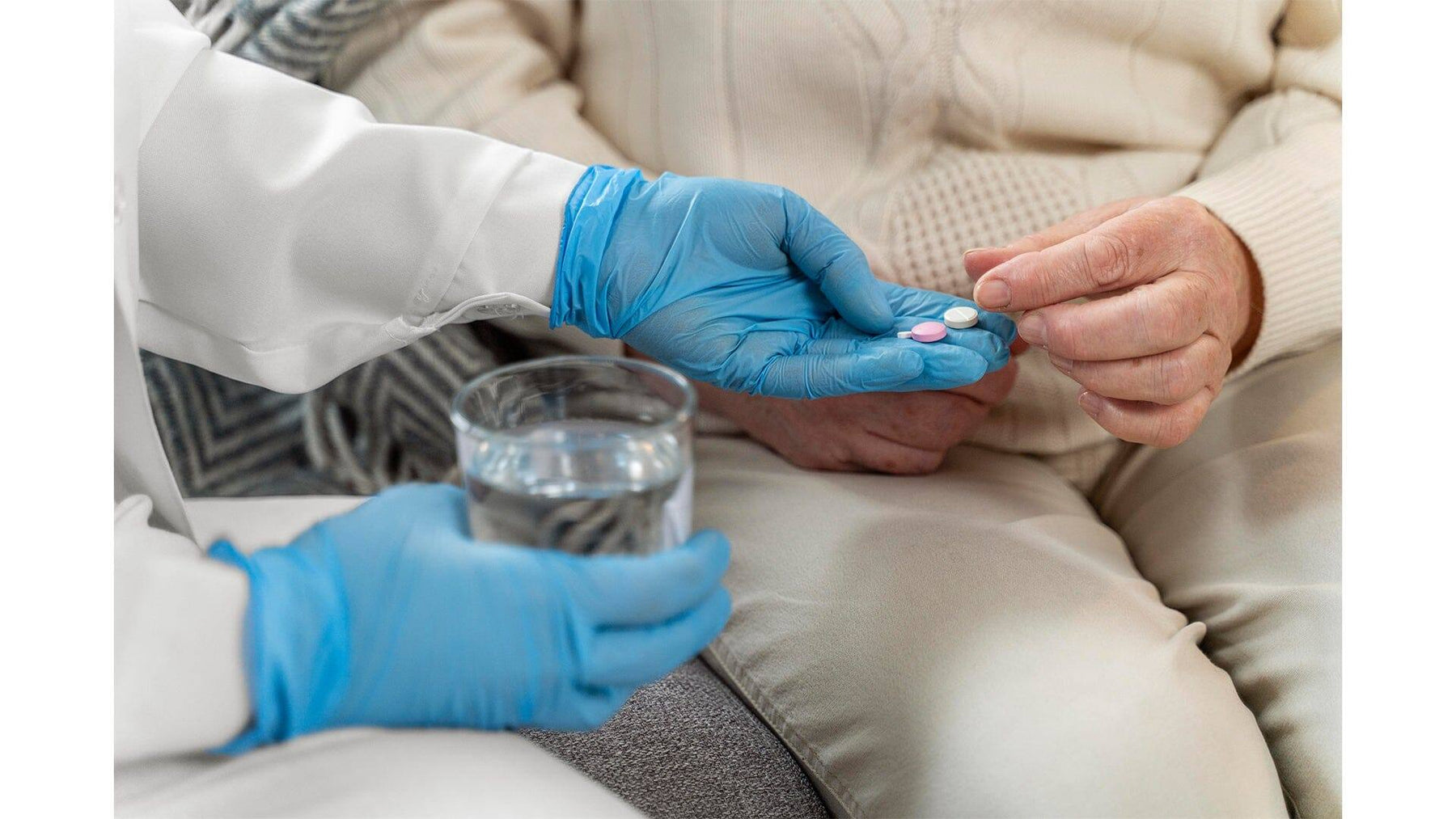
Disposable Gloves: Protecting Workers from Chemotherapy Drug Exposure
Chemotherapy drugs are powerful medications used to treat cancer, but they can also be hazardous to the health of healthcare workers who come into contact with them. One way to mitigate this risk is by using disposable gloves when handling chemotherapy drugs. In this article, we'll discuss the importance of protecting workers from chemotherapy drug exposure and how disposable gloves can help.
The Hazards of Chemotherapy Drug Exposure
Chemotherapy drugs are designed to kill cancer cells, but they can also harm healthy cells in the body. Healthcare workers who handle these drugs, such as nurses and pharmacists, are at risk of exposure through skin contact, inhalation, and ingestion. Exposure to chemotherapy drugs can cause a range of health problems, including skin rashes, headaches, nausea, and even cancer.
Protecting Workers with Disposable Gloves
Disposable gloves are a crucial component of personal protective equipment (PPE) for healthcare workers who handle chemotherapy drugs. Gloves act as a barrier between the skin and the drugs, preventing direct contact and reducing the risk of exposure. However, not all gloves are created equal, and it's important to choose the right type of glove for the task at hand.
Nitrile Gloves vs. Latex Gloves
Two common types of disposable gloves used in healthcare settings are nitrile and latex gloves. Nitrile gloves are made from a synthetic rubber that is resistant to chemicals and punctures. They are an excellent choice for handling chemotherapy drugs because they offer a higher level of protection than latex gloves. Latex gloves, on the other hand, are made from natural rubber and are less resistant to chemicals. While they may be suitable for some tasks, they are not recommended for handling chemotherapy drugs.
Proper Glove Use and Disposal
In addition to choosing the right type of glove, it's important to use gloves properly to ensure maximum protection. Gloves should be changed frequently and should not be reused or washed. Healthcare workers should also avoid touching their face, mouth, or eyes while wearing gloves. When gloves are removed, they should be disposed of properly in accordance with local regulations.

Leave a comment